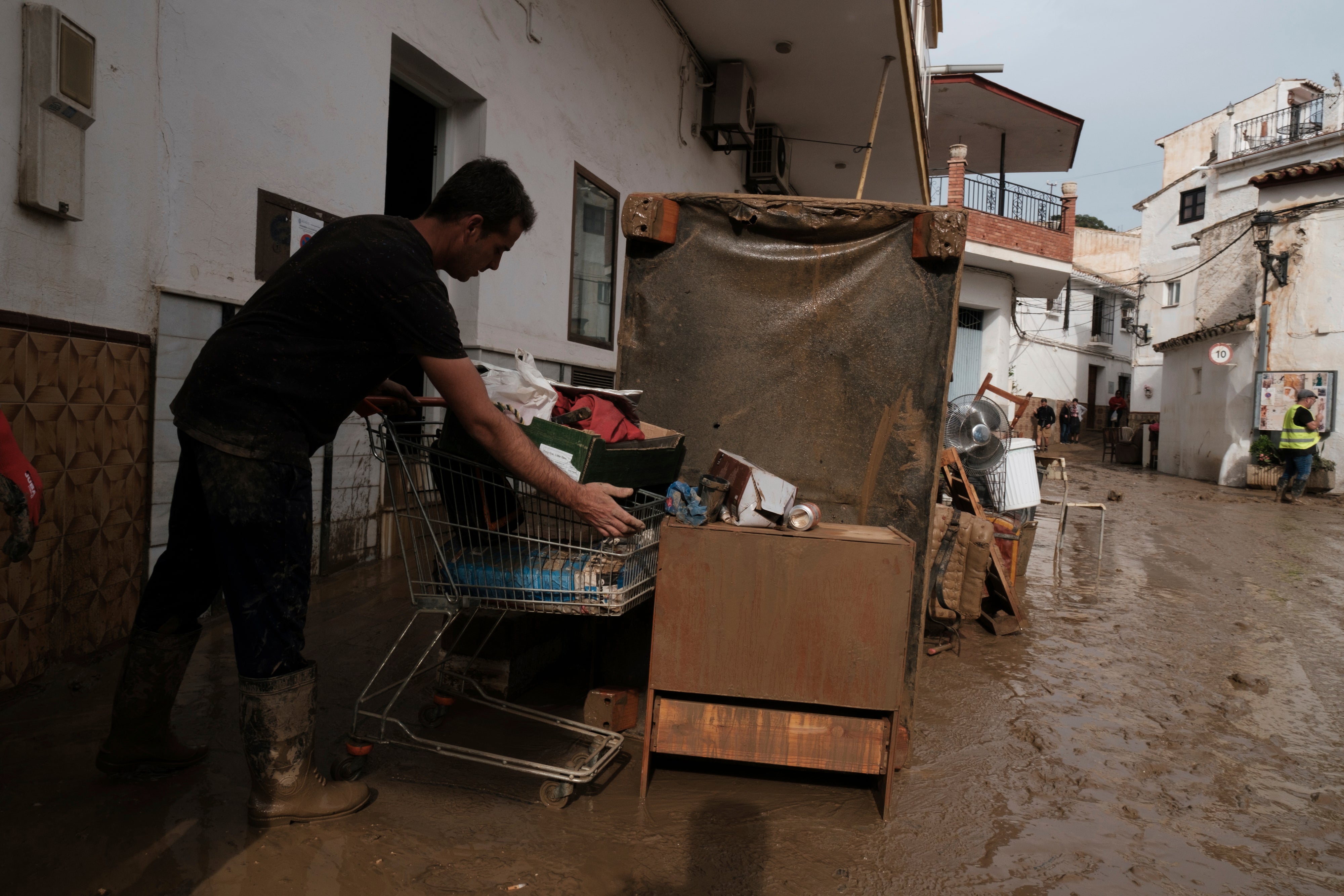Spanish regional leader admits mistakes made in flood response, but refuses to step down
The Spanish regional leader under fire for his handling of the catastrophic Valencia floods last month has defied calls to step down but conceded that mistakes were made

The Spanish regional leader facing immense pressure for his handling of the catastrophic Valencia floods last month defied calls to step down Friday, but conceded that authorities made mistakes in their response to the disaster.
More than 220 people were killed from the powerful Oct. 29 storms that brought tsunami-like waves to parts of eastern and central Spain, wrecking countless homes and leaving entire towns caked in mud.
Carlos Mazón of the conservative Popular Party addressed regional lawmakers in Valencia more than two weeks later, saying he would “not deny failings” as anger has continued to grow at what people perceive was a slow and chaotic response.
The storm, he said, “showed that our detection and warning systems have cracks in them.”
His remarks Friday were the first detailed public comments he has made about his government's disaster response, coming six days after tens of thousands of people took to the streets in Valencia city calling for his resignation.
Criticism mounted after local authorities failed to send emergency alerts sooner to cell phones on Oct. 29, in spite of Spain’s national weather forecaster having issued the highest level of warning as early as 7:30 a.m. that day.
Spaniards, particularly in Valencia, have been critical of other aspects of the regional and national government’s initial response to the disaster. In hard-hit Paiporta, survivors pelted mud at Prime Minister Pedro Sánchez, King Felipe VI, and Mazón when the three leaders visited the town days after the floods.
Mazón’s reputation took another beating this week when local media reported that he had a three-hour lunch with a journalist on the day of the storm, while some towns and villages had already started to fill with water.
On Friday, Mazón repeated a previous assertion that a national body responsible for measuring river flows had provided insufficient warnings, and said the magnitude of the deluge was hard to foresee.
“It is legitimate to question in general whether the (emergency) system responded how we believed it should,” Mazón said, adding that it had not.
Spain’s decentralized government tasks regional authorities with handling civil protection. Regional governments can ask the national government in Madrid, now led by the Socialists, for extra resources, and use information from the national weather forecaster and other agencies.
Science minister Diana Morant who belongs to the Socialist party called Mazon’s speech an “act of political cowardice.” She said the Popular Party should dismiss him.
Most of the victims of last month's floods died in small towns just outside Valencia. Official data released on Thursday showed that almost half were 70 years or older.
Bookmark popover
Removed from bookmarks